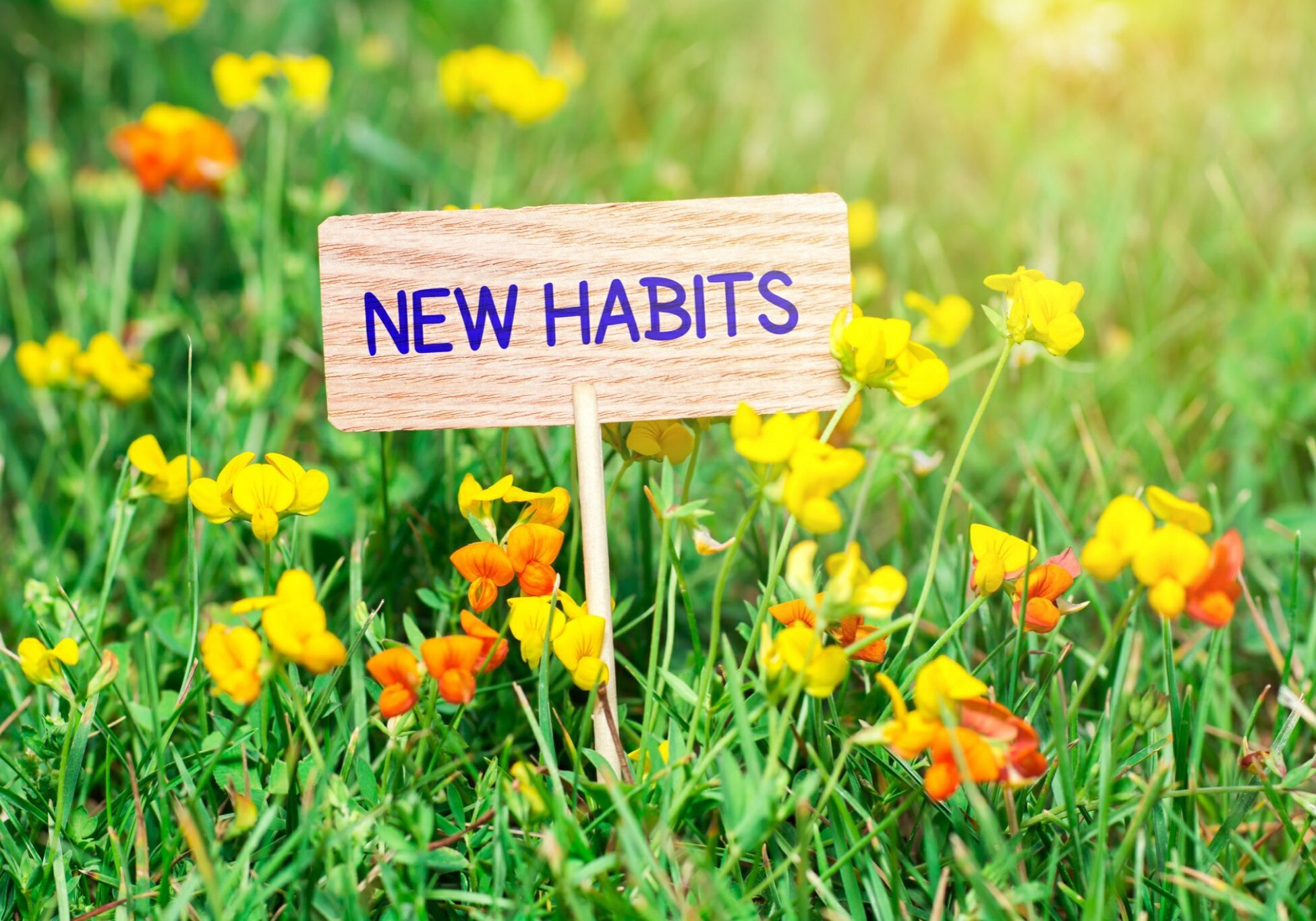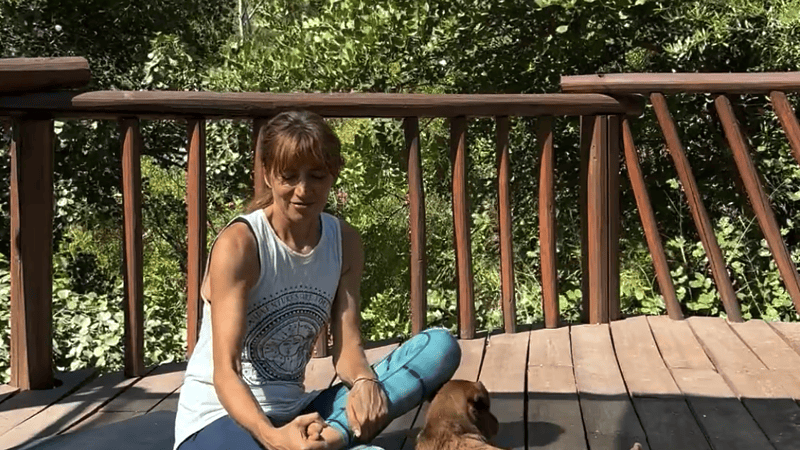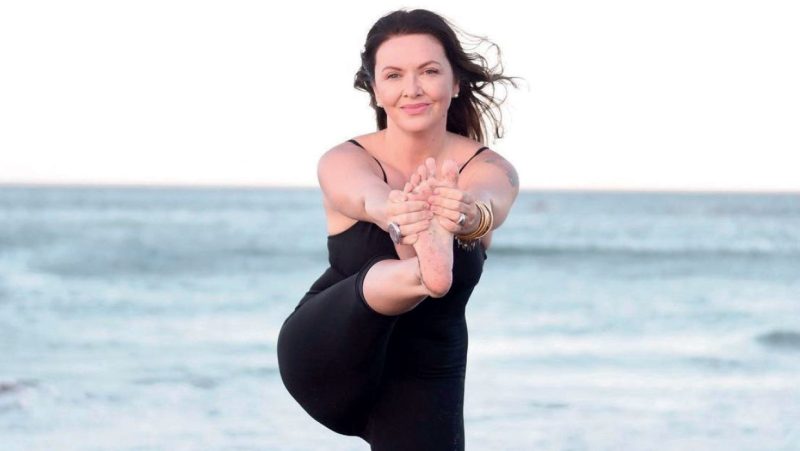
Change is possible
Habits, struggles, and how to break them. By Laurence Nicholson
We all have experienced habits of some kind: from physical ones like twitches or tapping the nose when thinking, to emotional responses or comfort eating, and chemical addictions like smoking, drinking and drug abuse. And, as everyone knows, some are harder to break than others.
Habits are formed by regular repetition of specific behaviours until they become automatic and executed by our basal ganglia region of our ‘limbic brain’ as an unconscious activity. Formation can be a slow process: typically of approximately 66 days for one to become an unconscious behaviour, but they can be established as quickly as 18 days or as slowly as 254 days.
Last year, just prior to the Covid-19 outbreak, I was looking into habits and their formation, as research into the effectiveness of Cognitive Behavioural Therapy and Cognitive Re-Alignment for furthering my knowledge to benefit my clients. I was on a trip to Florence, Italy, when I came across a group of young people looking for sponsorship for their work fighting against drugs in the country, near to the Plaza Michelangelo.
They represented Communita Lautari, a facility for education, rehabilitation and ultimately social reintegration of dependent people, through a therapeutic programme run by a team of psychologists, doctors, psychiatrists, educators, community operators, employment counsellors and social workers — all free of charge to the individual and their family.
I only had a short time to talk. But I was fascinated by the stories of two of the young men who described their introduction to their psychologists and behavioural coach/therapist as the turning point for them. They said it was through them, and the sessions exploring the root causes of, but more importantly the neural connections between, trigger events and their reactions of resorting to drugs, that they managed to change their dependence on substances and become ambassadors for the programme to help others like them.
They had been through many drug reduction programmes and therapies, but none had worked from the basis of addressing the causes and the links between events and responses, so had ultimately failed to provide a long-term solution.
Breaking dependencies
Their stories reminded me of my own journeys breaking dependencies earlier in my life, including one of anti-depressants. That was achieved through working with a very talented psychologist and behavioural therapist, helping me to identify and break the links using awareness, alternative action strategies, and a lot of hard work.
We tend to create neural pathways in relation to events throughout our life, especially during early development, and continue to do so based on our experiences and learnings, which link the event (trigger) to a responsive behaviour, which ultimately has consequences. When the reaction, or responsive behaviour is based on flawed thinking, the reaction can be less than positive and have consequences which can negatively affect our lives.
A good example of this is the different reaction a party lover has on getting an invite from friends to a party, versus a less social individual, who may have had a bad experience at such an event in early life, who is filled with anxiety and dread at the same invite. The event trigger is identical, but their experiences have been very different and so their reactions are polar opposite. One is excited and one is thinking of ways to say no!
With some structured steps, and hard work on identifying the root cause of the flawed or negative thinking, exercises can be created to replace the negative associations with positive outcomes. And, if practiced over time, this can change the feelings of dread into some sense of excitement — assuming of course they actually want to be a more socially-inclusive person.
It is this type of approach that CBT and positive re-enforcement exercises use, to help those wanting to break an unwanted habit which they feel is holding them back, and make positive changes to their lives.

Making the change
These days, I deal with many clients who have developed similar such event/reaction habits. I use many of the methods I learned through both my own experiences and my training, and with significant success — so you should never give up!
Breaking your own habits is only as far away as a good life coach with behavioural therapy skills, plus real life experience, and a lot of trust and hard work.
But, believe me and so many others, like the two men I fortuitously met that day who have overcome their own habits and dependencies, when I say it is so worth it.
During this time of change and transition, you might want to think about habits you want to break, such as technology addiction, for example, to be more mindful of those around you who want your time and love, and to make them your primary focus. It is far more rewarding to live in the moment, and with those around you physically, rather than watch other people online.
Change is always possible.







